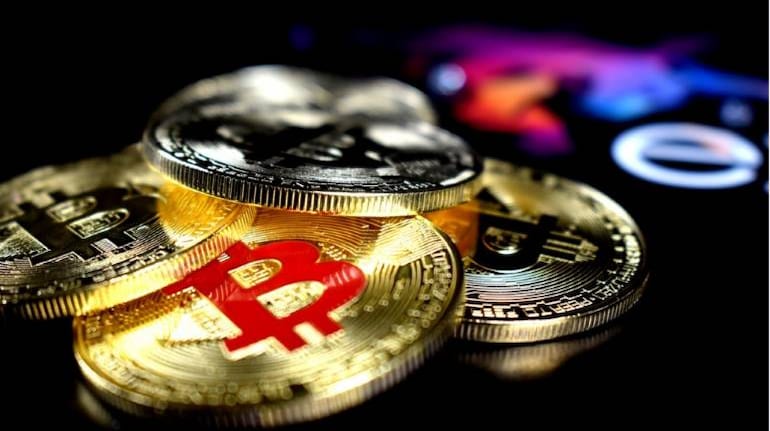



On March 4, the Supreme Court quashed the RBI ban from April 2018 that had banned banks under its purview from offering banking services to any institution dealing in cryptocurrencies, such as exchanges. The ecosystem, especially the lawyers, deserves applauds for making this happen and SC for protecting the rights of individuals and institutions who have greatly suffered during the ban. The RBI is expected to file a review petition. But, from all accounts, it is becoming clear that it will not be successful.
What this means in practice is that exchanges can now open bank accounts, people can buy or sell cryptocurrencies with INR, and start-ups can start dreaming. The international crypto community has also rejoiced this decision.
There are however certain aspects that are important to be discussed and addressed:
1. Some of the concerns of the RBI and the government are valid - the impact on INR or monetary policy, money laundering (especially through cash), etc. This could be raised as a petition by itself. But, given the nascent nature of the industry, it is not a major concern just yet.
2. How do people account for gains/losses from crypto or its usage in their filings?
3. Indian start-ups in this space are working on some disruptive projects (I was recently speaking at an accelerator, and some of the projects are really fascinating). How will the government encourage them and, therefore, project to investors that they can invest in this space in India?
4. What is the government's stance on crypto versus blockchain? This appears to have been de-linked in the recent verdict but that probably stems from SC/RBI's misunderstanding of the technical aspects.
The onus on getting these right are on the government. And, as I have said before, this can only happen in the most productive way if the private sector is actively involved in drafting the policies. The government needs to stop worrying about the outlier impacts, regulate the space, allow the ecosystem to flourish within the framework, and benefit multifold through it. The two years since the ban could have been utilised in moving this considerably forward and setting a benchmark for the world to follow. But, that is not really in our spirit.
The crypto market is not the same as it was prior to the ban. The market cap of all the cryptocurrencies is roughly a third of the highs it reached just a couple of months prior to the ban. That is fine as the highs were on the back of an ICO boom. So. discounting that, we are still doing very well over a five-year horizon. The enthusiasm is still very much intact, but the momentum has been indirectly slowed by unclear regulations.
For their part the crypto exchanges and similar institutes should do all they can to ensure that neither the RBI nor the government finds fault in their functioning that can be used against them and therefore the industry. This is a fundamental fiduciary duty of the participants of the ecosystem.
For now, however, the ecosystem is ecstatic, and India is open for crypto business. Three cheers!
Prashanth Swaminathan is currently building a global product called ‘Tandem’ that aims at higher adoption of digital assets.
Discover the latest Business News, Sensex, and Nifty updates. Obtain Personal Finance insights, tax queries, and expert opinions on Moneycontrol or download the Moneycontrol App to stay updated!
Find the best of Al News in one place, specially curated for you every weekend.
Stay on top of the latest tech trends and biggest startup news.